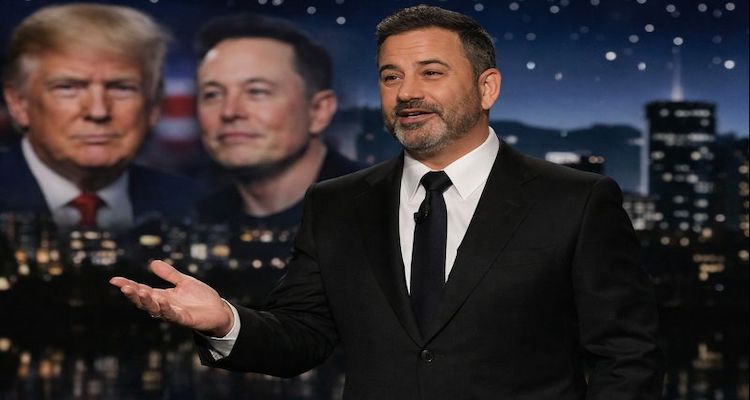In November 2022, the emergence of ChatGPT, an AI tool capable of human-like responses and tasks previously deemed exclusive to humans, marked a significant milestone in the AI landscape. Subsequently, tech giants such as Google and Microsoft introduced their own AI chatbots, accelerating the progression of AI technology. However, amidst this rapid advancement, concerns about AI’s potential to surpass human intelligence and dominate the world have surfaced.
Recently, Elon Musk, the CEO of X, expressed his belief that AI would surpass human intelligence within the next five years. However, Yann LeCun, Meta’s AI chief and a prominent figure in the field of AI, challenges this notion. Responding to Musk’s assertion, LeCun countered that if AI were truly on track to surpass human intelligence, AI systems would exhibit abilities such as learning to drive a car with just 20 hours of practice, akin to a typical 17-year-old. Yet, LeCun highlights the absence of fully autonomous and reliable self-driving technology, despite the availability of vast amounts of labeled training data.
LeCun’s skepticism regarding the concept of superintelligent AI is not new. He has previously dismissed Musk’s concerns about AI’s potential threat to humanity as “ridiculous.” In contrast to Musk’s warnings of AI posing a risk comparable to “civilization destruction,” LeCun maintains that such assumptions are unfounded.
During a podcast with venture capitalist Harry Stebbings, LeCun asserted that the idea of AI posing an existential threat is based on the false assumption of “hard take-off.” This theory suggests that once a super-intelligent AI system is activated, it will rapidly surpass human intelligence, leading to catastrophic consequences. However, LeCun argues against this notion, emphasizing that real-world processes do not exhibit indefinite exponential growth. He refutes the idea that AI systems would autonomously acquire limitless power and agency, eventually leading to global destruction.
In essence, LeCun’s stance challenges the prevailing narrative of AI as an imminent existential threat, urging a more nuanced understanding of AI’s capabilities and limitations.











Incredible story there. What happened after? Good luck!